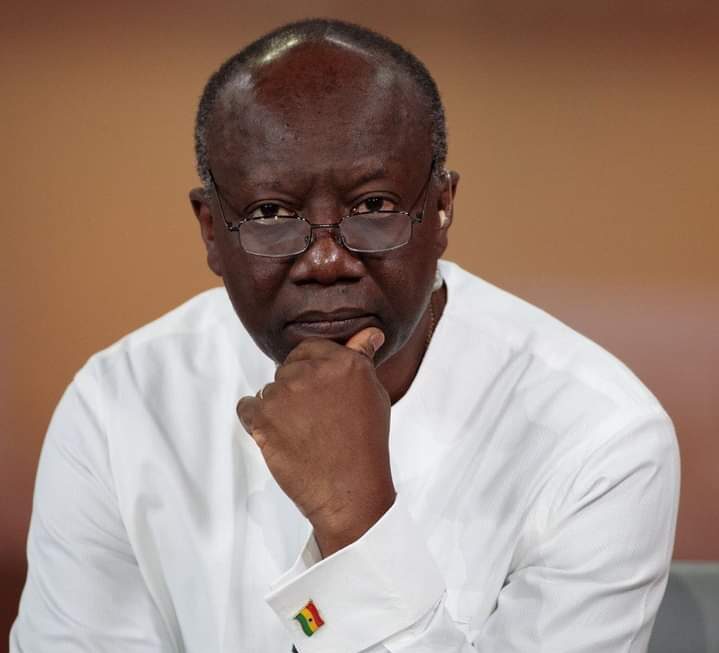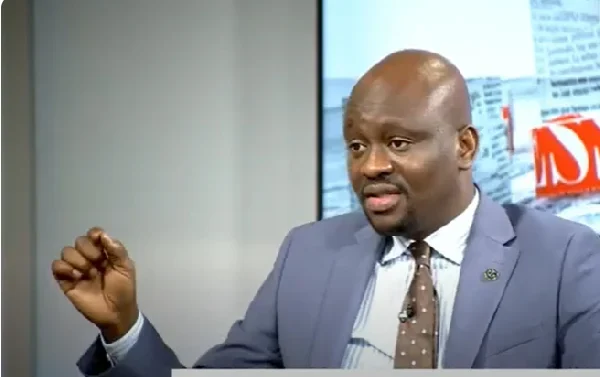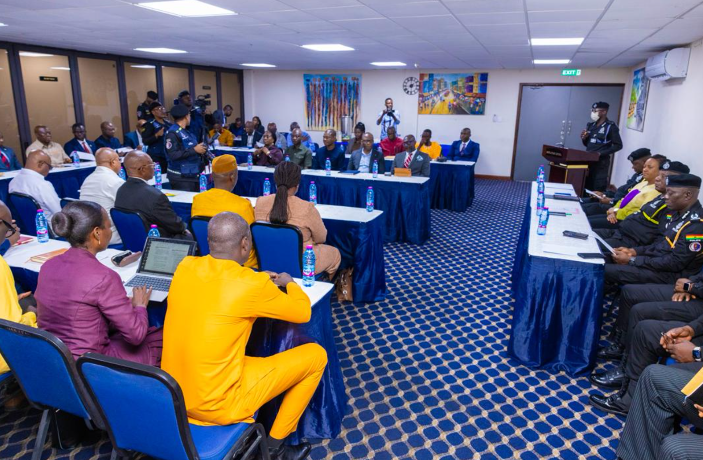High Court presided over by justice Audrey Kocuvie-Tay, has in a judgment date 13 July 2023, quashed a report by the Commission on Human Rights and Administrative Justice (CHRAJ), which made adverse findings against the former Chief Executive Officer of the Public Procurement Authority (PPA), A.B. Adjei. The Court essentially found that CHRAJ breached the fair hearing rule by substituting parts of the complaint that was filed by Ghana Integrity Initiative (GII) with its (CHRAJ) own allegations. The Court also concluded that CHRAJ failed to give the applicant (A.B. Adjei) the chance to cross-examine the witnesses called during their investigations before reaching their conclusions. The Court also held that CHRAJ failed to investigate the substantive complaints made by the complainant but rather, the Commission focused on matters that were not part of the submissions of the GII, the complainant in the case. GII allegations Following an investigative exposé by Manasseh Azure Awuni in 2019 entitled “Contract for Sale”, the Ghana Integrity Initiative (GII) petitioned the Commission on Human Rights and Administrative Justice (CHRAJ) to investigate chief executive officer (CEO) of the Public Procurement Authority (PPA) Mr Adjenim Boateng Adjei and other Members of the Board of the PPA to find out if they have been involved in corruption, conflict of interest, collusion and inappropriate conduct in violation of the Constitution and laws of Ghana for which appropriate sanctions should be applied. Essentially, the petitioner (GII), requested CHRAJ to investigate six (6) issues. First was that “Mr. Adjenim Boateng Adjei and other members of the Board of the PPA have allegedly been in involved in corruption, conflict of interest, collusion, and in appropriate conduct in violation of the Constitution and the laws of Ghana”. Second, “on the face of the documents (evidence) that the complainant (GII) received and reviewed, Mr Adjenim Boateng Adjei established companies soon after he was appointed Chief Executive Officer of PPA without disclosing his interest”. Third, “after establishing the companies, Mr Adjenim Boateng Adjei used his public office for private gain”. Fourth, “in order to facilitate his companies win contracts, Mr. Adjenim Boateng Adjei either directly or indirectly disclosed procurement related information to his companies unlawfully and, among others, enabled a company less than three years old to win high value contracts”. Fifth, “the companies that Mr Adjenim Boateng Adjei established, allegedly subletted, subcontracted or “sold” contracts awarded by them by the procurement entities of the State without the consent of the said entities”. Lastly, “by subletting, subcontracting or “selling” of the contracts to other contractors and suppliers, Adjenim Boateng Adjei enriched himself illegally and placed himself in contravention of Article 286 of the 1992 Constitution”. GII therefore requested CHRAJ to investigate the said actions of the former PPA boss, sanction him where appropriate and that every illegal asset he may have acquired during the period be confiscated to the State. Contention of Applicant In his affidavit in support of his motion for judicial review of the findings of CHRAJ and for same to be quashed, Mr Adjenim Boateng Adjei contended that he was “denied a fair hearing in the entire proceedings and that he has been advised by his lawyer, which he believes same to be true, that the decision arrived at by the CHRAJ was in breach of his right to a fair hearing and his right to natural justice”. “That I have been advised by my lawyer, which I believe same to be true, that this honourable court has jurisdiction to set aside the findings of the Respondent (CHRAJ) for breach of natural justice, unreasonableness and being manifestly wrong” the Affidavit of the former PPA boss read. “Wherefore I pray this honourable court for an order of certiorari to quash and to remove from the registry/records of the Commission on Human Rights and Administrative Justice for purposes of being quashed the Respondent’s findings on conflict of interest, abuse of office and contravention of Article 286 contained in Case No. CHRAJ/297/2019 and the recommendations made against me as contained in its Report dated 11 February, 2022”. Mr Adjenim Boateng Adjei’s affidavit further read. The Court’s Decision CHRAJ according to the Court, is an investigative body that is required to conduct its investigations based on the complaints it receives as provided for in regulation 6 (4 a) of the Commission for Human Rights and Administrative Justice (Investigative Procedure) Regulation, 2010, CI 67. Regulation 6 (4 a) the court says reads; “The Commission shall inform a person who appears before the Commission in an answer to a complaint or allegation of the particulars of the complaint or allegation. The court noted that nowhere in the complaint of the complainant did they make mention of “failure of [Mr A.B. Adjei] to declare assets made against you” and that “the introduction of this means that CHRAJ for that particular allegation was complainant and any finding therefore was a self-serving exercise by CHRAJ,”. “The Respondent (CHRAJ) in its decision annexed to the Applicant’s application as Exhibit A surprisingly focused more on this allegation than any of the allegations in the complaint and dedicated 7 pages (from pages 144 to 162) discussing the said failure to declare assets which was not part of the complaint. Respondent, however, failed and/or neglected to investigate and address the issue in relation to the subcontracting, subletting and sale of contracts, the crux of the Complainant’s petition. Even Exhibit B2, the video which culminated in the proceedings before the Respondent was titled “Contract for sale. It is, therefore, surprising that the Respondent chose to substitute the complaint of the complainant with its own complaint and proceeded to address the same” the Judgment of the court read. “I, therefore, hold that not only did the “introduction” spring a surprise on the applicant thereby denying him a fair hearing, since there was no identifiable complainant in respect of the said failure to declare assets, but the investigations conducted by the Commission and the decisions emanating therefrom pursuant to the wrongful assumption
- +23356336062
- apexnewsgh@gmail.com
- Upper East, Ghana
Hot News











